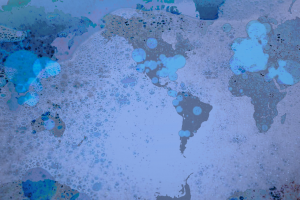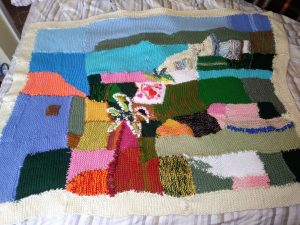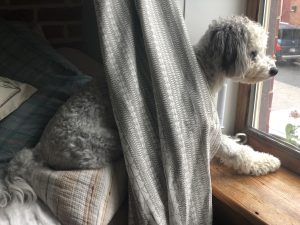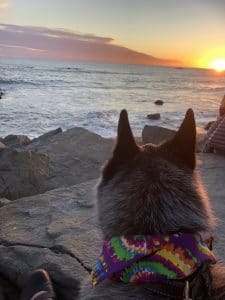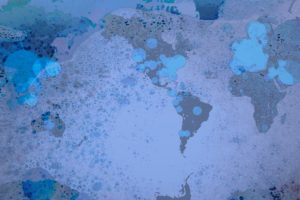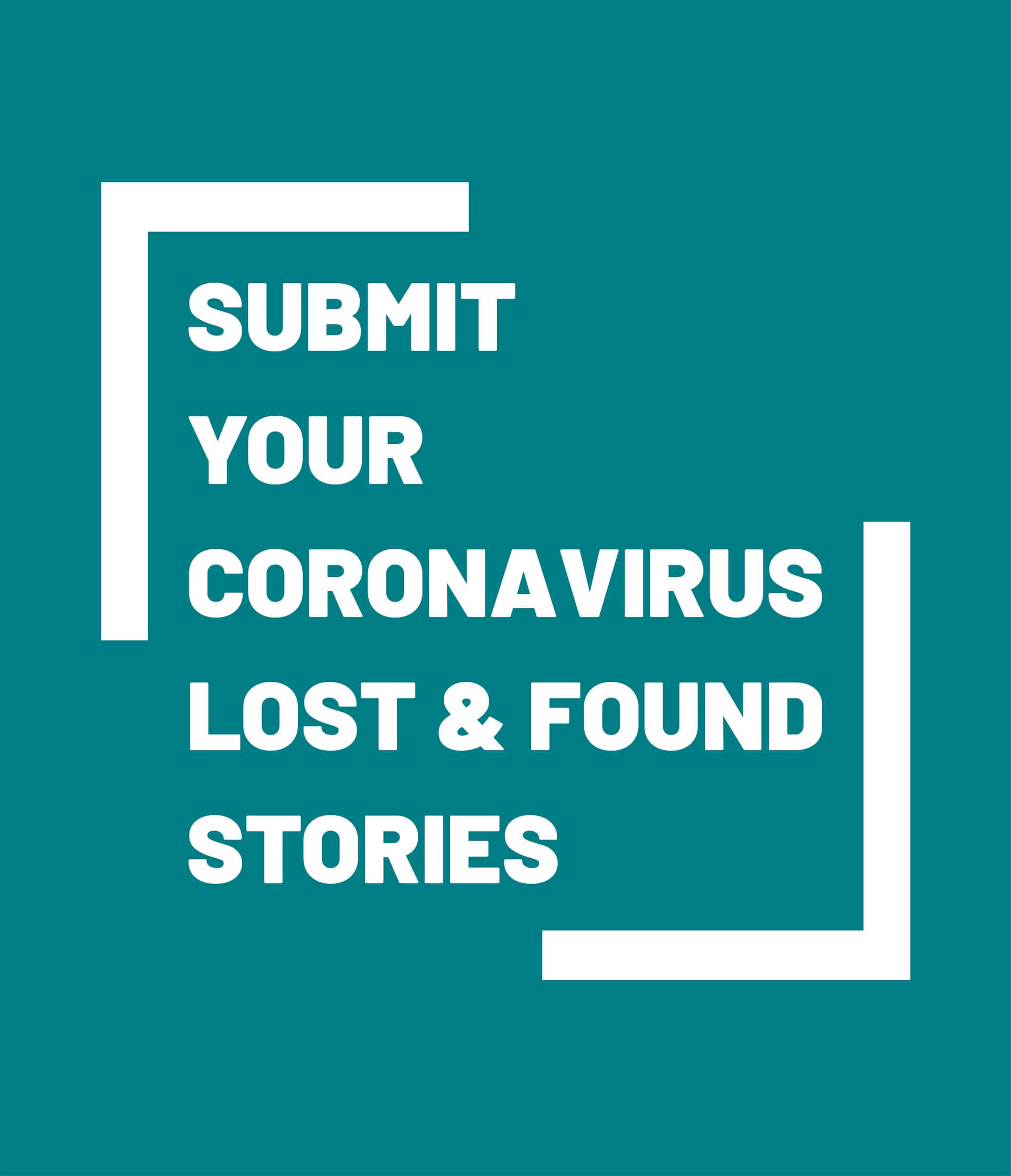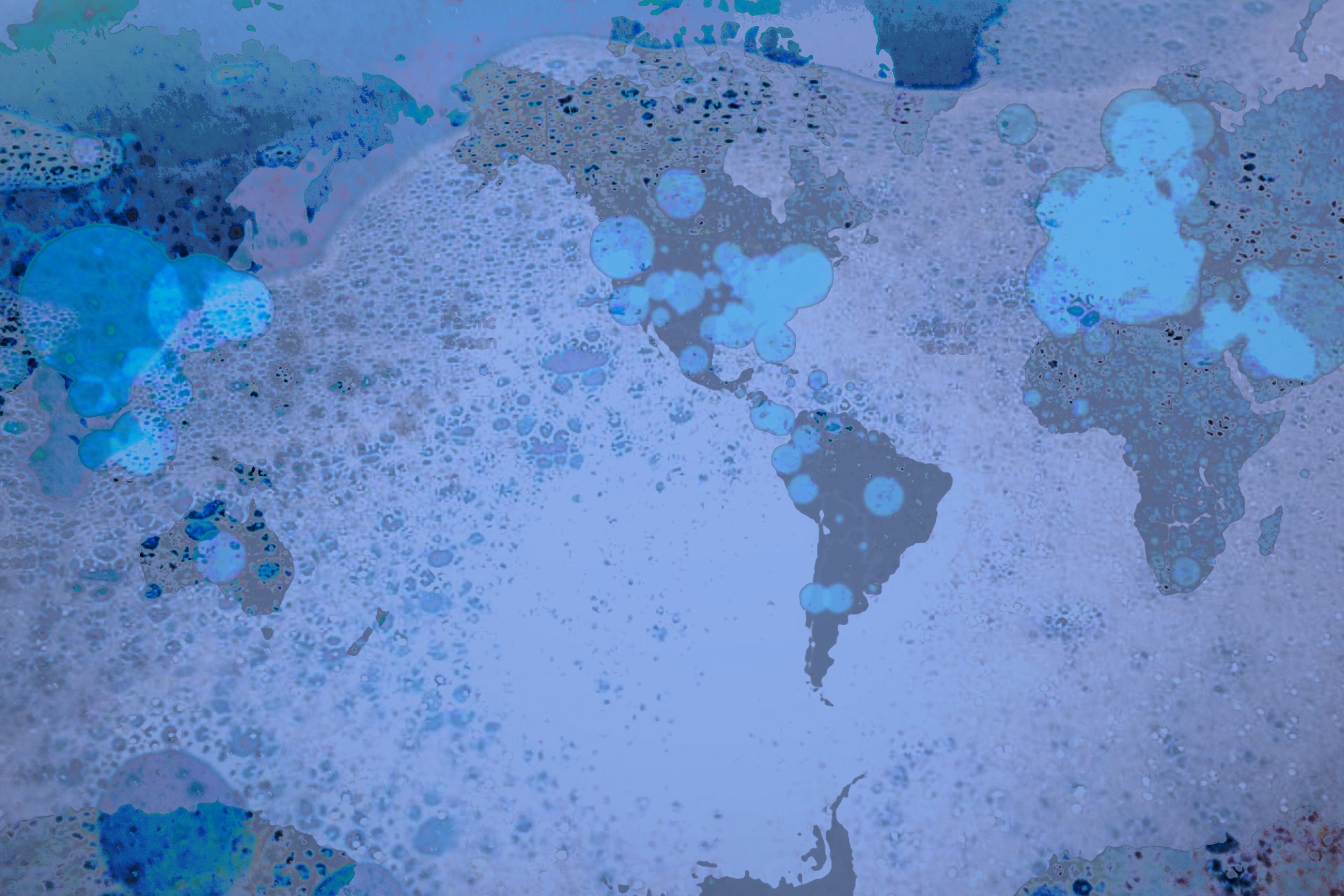
It was only days before the emergency orders were announced in mid-March in Toronto that I grasped the scale of the pandemic and its profound effect on our lives. Depending on who you ask, this realization was prescient (to judge by ongoing outbreaks, many have yet to arrive at this) or belated (after all, the news out of Wuhan had been dire for months by that point). As for me, the realization struck with a sense of déjà vu. While still on the train home from my long commute—a route that would eventually be shuttered for months—I called my parents, both of them immunocompromised, and urged them to bunker down and prepare. Remember, I said, what it was like to live through war in Vietnam; this is how we will survive. The funny thing is, I don’t actually remember this war, having been born just as it ended; I just knew of it through their recollections, tales of sudden disappearances and deaths, of the scramble to have enough to eat and live, the quiet joy of surviving another day, the sadness of letting go, recounted as bittersweet bedtime stories. They conveyed lessons about the fleeting quality of life, the need to act urgently and decisively to keep on living. So, it’s not that I viewed the pandemic as a war, a metaphor tirelessly bandied about as governments in Canada, the US and beyond sought compliance, at times fruitlessly, with public health initiatives. Instead, I drew on memories of war, or in my case, postmemories of war and, related to all this, the experience of forced dislocation, to shelter in the turmoil, the fear, and the panic of this pandemic. Thi Bui, in her graphic memoir, The Best We Could Do, refers to a “refugee reflex,” an instinct that pushes one to survive. My friends, who are the children of refugees, are themselves refugees, or were born in refugee camps, a way station from one site of violence to another, say something similar kicked in for them. They joke that they were born for this; growing up as refugees provides a lifetime of preparation. They knew without being told, how to stock up a pandemic pantry with rice, beans, foods dried and frozen. They knew without knowing how they knew, what to do next.

